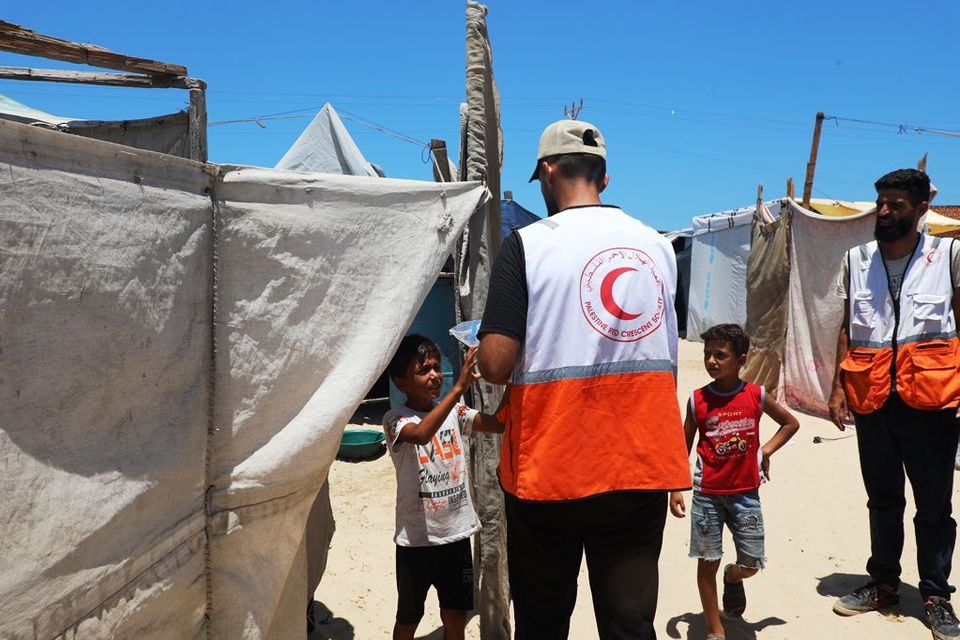Now: Increased risk of three serious diseases — here’s why
A warmer climate means an increased risk of new viruses in Europe.
This is what the European Union’s infection control body ECDC warned on Thursday evening.
Due to the warmer climate, the risk of contracting mosquito-borne viruses has increased in Europe.
Invasive mosquito species such as Aedes albopictus and Aedes aegypti are beginning to make their way north.
Aedes albopictus has already been identified in 13 countries in Europe, according to the ECDC countries.
It spreads three serious diseases
Mosquito species spread, among others, three serious diseases – dengue fever, Zika virus, and West Nile fever.
“If this continues, we can expect to see many more deaths from these diseases,” Andrea Ammon, director of the center, said in a statement.
Moreover, she says, the Infection Control Authority has noticed an increased spread of invasive mosquito species in recent years. Mosquitoes have made their way into previously unaffected areas of the European Union.
He proposes several actions
The head of the Centers for Disease Control and Prevention is now calling for action to curb the spread of mosquitoes.
Among other things, it wants to prevent the spread by clearing water bodies where mosquitoes breed, using environmentally friendly insecticides and launching a massive information campaign on how to stop mosquito-related diseases.
Efforts should focus on ways to control mosquito populations, improve surveillance, and enforce personal protection measures, says Andrea Ammon.
West Nile fever
In 2022, 1,133 cases of West Nile virus infection and 92 deaths were confirmed in Europe.
West Nile virus is spread between animals and humans by mosquitoes. Infected birds can, for example, speed up the spread of infection.
In humans, the disease can manifest itself in different ways. In most cases, no symptoms appear at all (about 80 percent).
Others usually develop a mild illness with flu-like symptoms such as fever, headache, muscle aches, nausea, and vomiting. Sometimes a red flame rash and swollen lymph nodes appear.
In rare cases, the disease can have severe and life-threatening consequences.
The elderly and people with weakened immune systems are most likely to develop serious illnesses, the Public Health Agency emphasizes on its website.
dengue fever
In 2022, 71 cases of dengue fever were reported in Europe.
The disease results in flu-like symptoms.
If infected, one or more of the following symptoms appear:
– red eyes.
– High fever with chills and sweating.
– strong headache.
Muscle and joint pain.
People who become ill are usually free of fever within a week.
But the disease can be life threatening.
The disease can become serious and require intensive care treatment in a hospital. Many people feel more tired than usual for up to a month afterwards, writes Care Guide 1177.
Photo: Kronoberg District
Text: Editors

“Extreme tv maven. Beer fanatic. Friendly bacon fan. Communicator. Wannabe travel expert.”





More Stories
Intensifying preparations to combat polio in Gaza
SLU believes more of the pandemic is in wastewater — but the peak has been passed
Ensuring safe care for people with dementia – Sundsvall Tidding